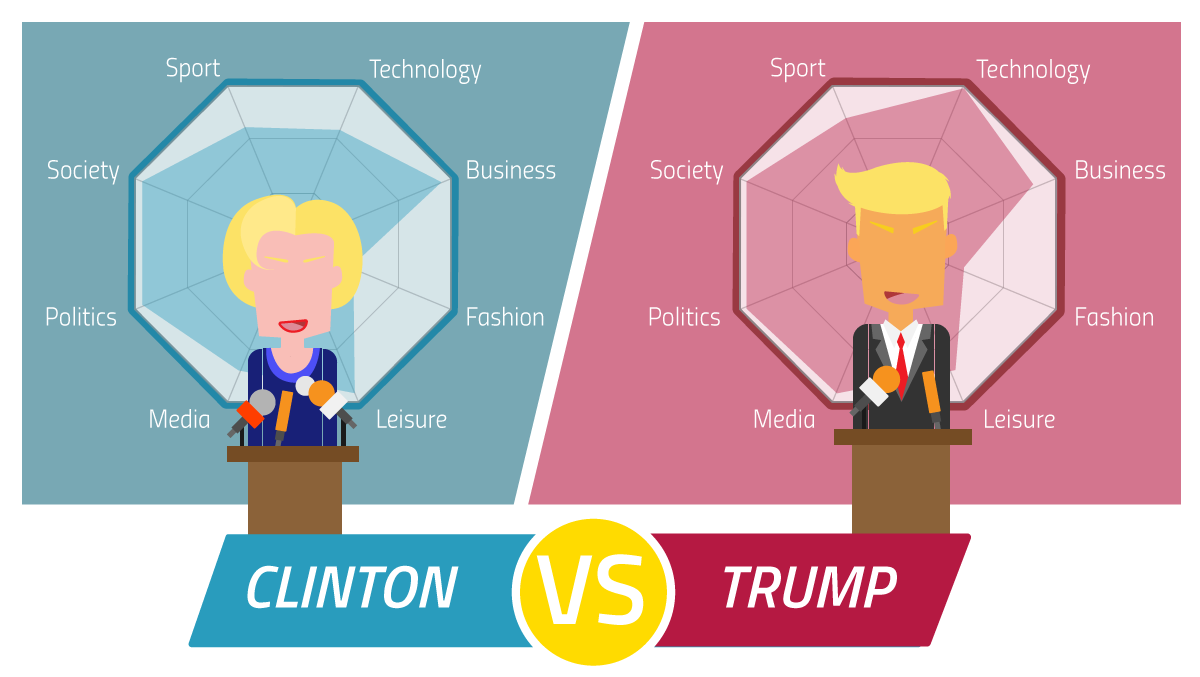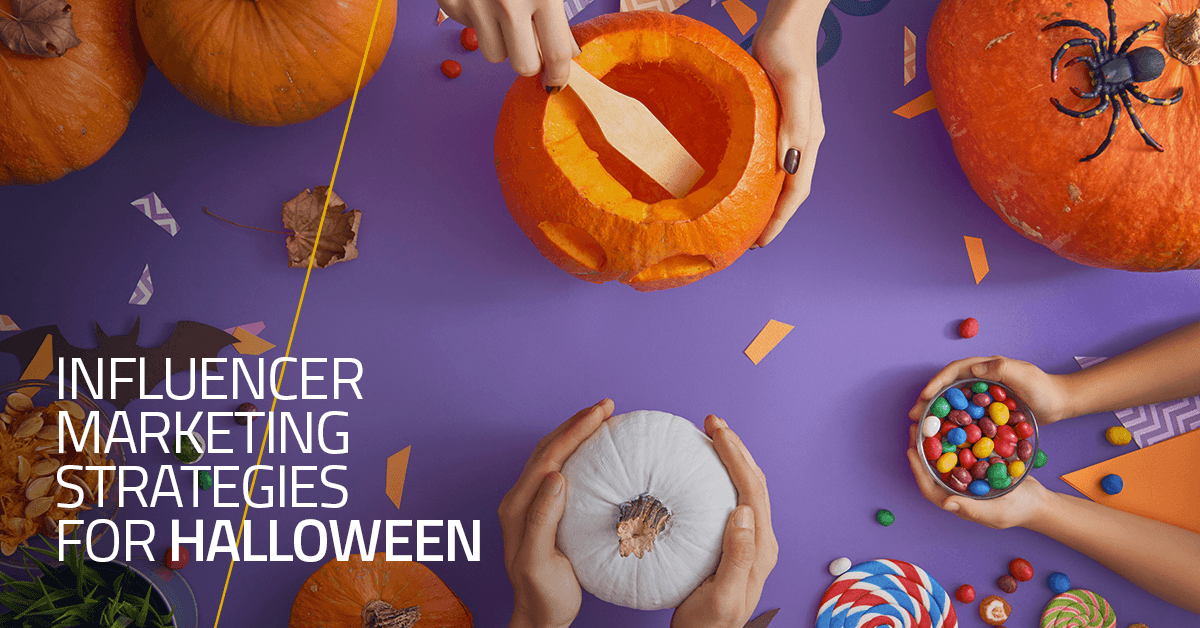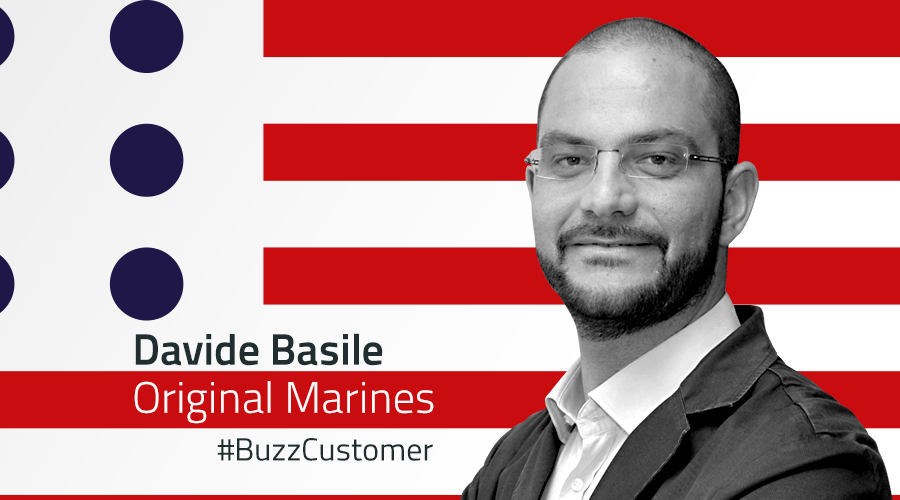Clinton was the more qualified candidate, therefore if experience and qualifications do not get a person the job of president, what does? The 2016 American election results would argue that it is the best utiliser of social media with Trump appearing top in most influencer tables for the election and top in terms of follower numbers.
This is despite the infamous nature of Trump’s social media presence, or, as others have argued, because of it. The majority of his Tweets are notoriously insulting, to the point that it was reported by the New York Times and others that he was banned by his staff from managing his own Twitter feed in the last few days before the election. Despite these insults, and in part because of the coverage they created, Trump’s influence online has grown. Politics involves marketing; both marketing the candidate and their political ideas. The candidates are influencers and at the mercy of influencers. They are both the speakers and the topic, and discussions surrounding candidates have a far reaching effect; for instance a trusted source like a friend or family member advocating for a candidate on their social media profile. Media coverage supporting, or not supporting, candidates has a wide effect, but individual influence has also been extended through social media. Politics infuses most people’s social media feeds in the election month, which can also lead to the “bubble” effect with friends and family reflecting one’s own views.
While Trump was a top 2016 election influencer, in some tables at number one, it is important to remember that this is not from only Trump verified social media accounts. An influencer both talks and is talked about. It is uncomfortable to consider that this infamous social media use is what wins a presidential race, but it is certainly true that this notorious use of social media brought more attention to Trump. Even if speaking out against him – he was still being spoken of. From an awkward air kiss to a man attempting to climb Trump Tower, the Trump campaign has been continuously in the news in America and beyond. While Trump may not have been taken seriously by the American media for the majority of his candidacy, he was still the subject of a wide variety of coverage.

In comparison with Clinton, Trump has more followers and engagement on Facebook, particularly with video content. Trump also has more Twitter followers. The more successful social media campaigner has turned out to be the winner, revealing the importance of social media in today’s political landscape, even beating celebrity endorsements. One of Clinton’s campaign strategies was celebrity support. Many images were shared across social media of Clinton with a celebrity, particularly female celebrities including Beyonce, Amy Schumer and Katy Perry. However, a key issue for Clinton was the view of her being elitist, and big money celebrities endorsing her did not help this image. Long-tail influencers worked better for Trump in the end, as they helped endorse his non-elite “everyman” image. The fact that an individual from as wealthy a background as Trump can be viewed as the representative of the common person shows the power of social media image and perception.
While analysis of the 2016 American election will continue, the power of word of mouth cannot be denied. Enough even to counter the Twitter rages and scandals of the man himself. An endorsement from Oprah Winfrey may have worked for Obama, but clearly the same endorsement does not carry the same weight in 2016 for Clinton. If the trends of 2016 continue then influencer marketing will be a key component in the 2020 political landscape, and dramatically alter political campaign strategies. Obama’s urging in his post-election news conference, following Clinton’s defeat, that Democrats need to work harder at a “grassroots level” reflects this awareness of a need for strategy change, one that reaches the “grassroots” like the long-tail influencers that Trump’s strategy utilised. In his speech Obama asserts that “good ideas don’t matter if people don’t hear them” – and asks how you dig in there as a National Party “so that people have a sense of what it is that you stand for”. In the social media setting, the answer may be found in influencer marketing.
Now that you know the future politics may be in influencer marketing, enjoy finding out for yourself who is the most influential and in what! Discover Buzzoole’s profiles on Clinton and Trump.

